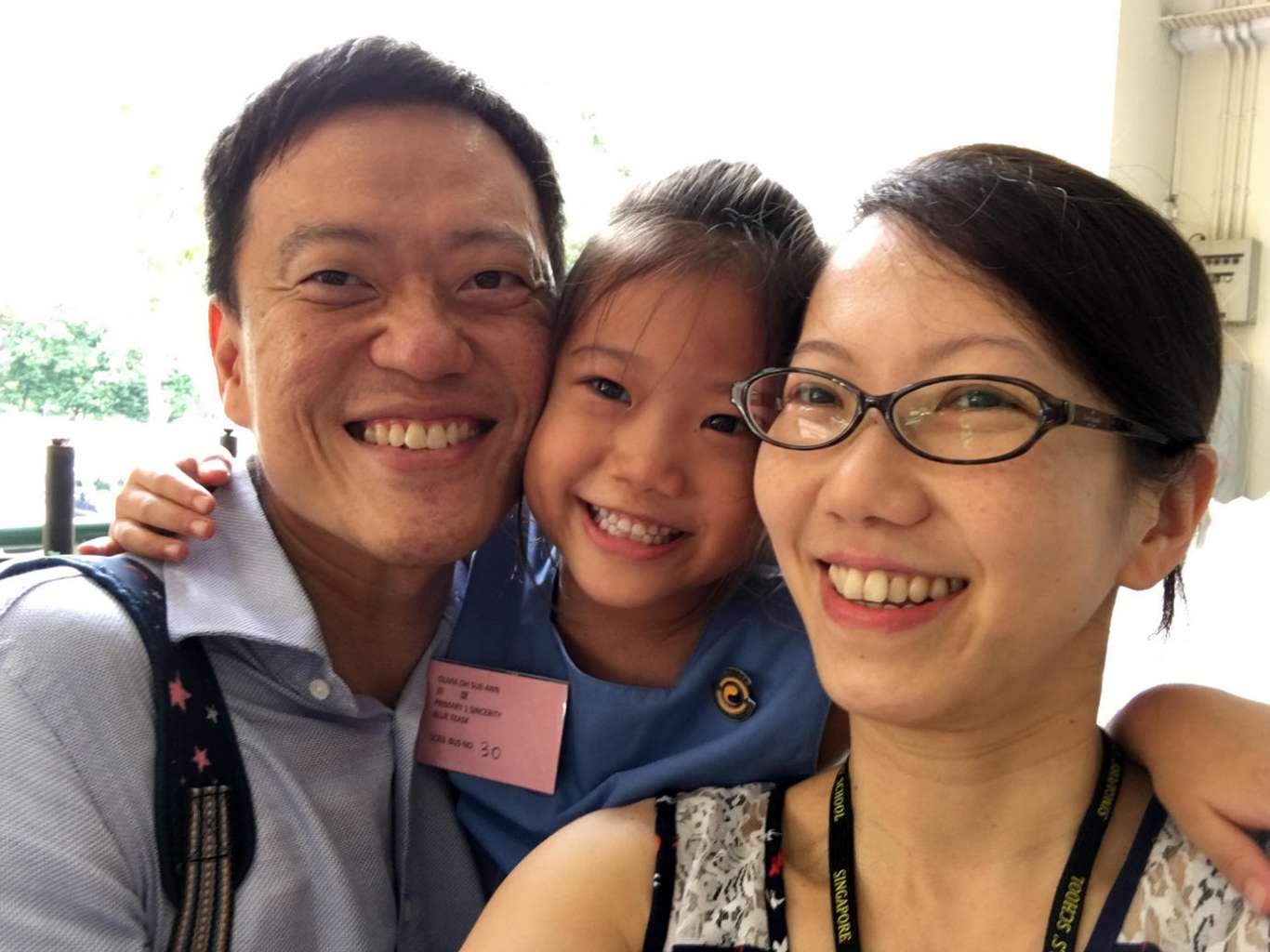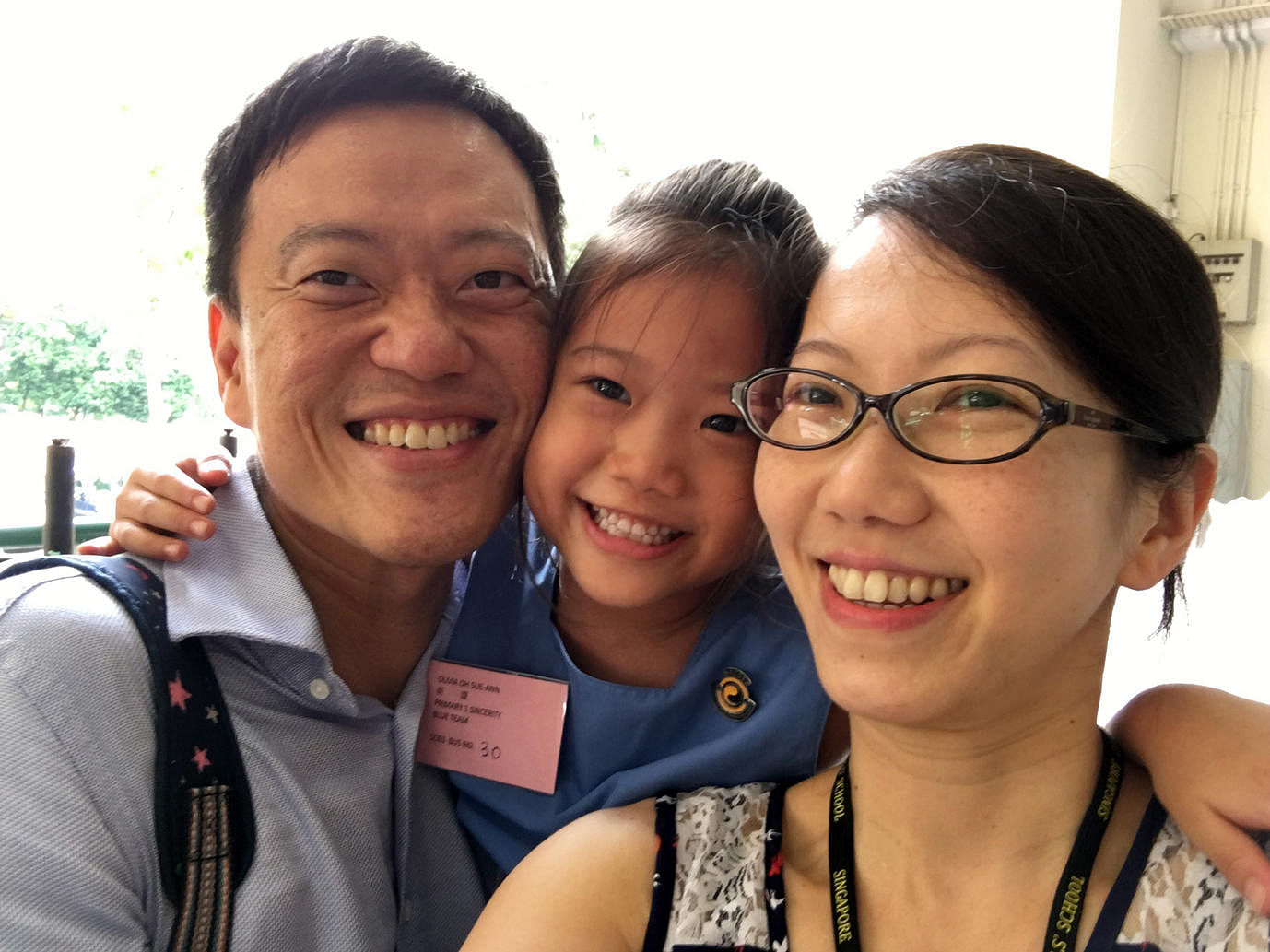PSLE changes won't change Singapore's obsession with grades
Sign up now: Get ST's newsletters delivered to your inbox

My daughter belongs to the first batch of pupils who will be affected by the major changes to the Primary School Leaving Examination's (PSLE) grading system announced on Wednesday (July 13).
From 2021, the current PSLE aggregate score - or T-score - will give way to wider scoring bands like the grading at O and A levels. There will be eight Achievement Level (AL) bands, from 1 (the best) to 8.
The best pupils can do under the new system is to have a PSLE score of four - for getting 90 marks and above for each of the four examinable subjects. In contrast, the current T-score system grades pupils more finely and is calculated based on a child's actual score weighted against those of his peers.
For me, the best news is how there will now be a tie-breaker system for pupils who have the same PSLE scoring bands. My daughter Ollie, who will be taking the PSLE in 2021, may benefit from it.

Popular secondary schools will always attract the best pupils and always will be oversubscribed. How do the schools pick one over another?
The new tie-breaker system will assign priority to pupils who placed the school in a higher choice order. If needed, there will be a computerised ballot. This also happens now, but as the brands are wider, and more balloting is expected, it levels the playing field somewhat for pupils who might otherwise have been edged out by the very fine T-Score system.
The randomness of a ballot gives everyone within the same band an equal chance of entering a secondary school of their choice.
Short of a simulation test on how last year's Primary 6 cohort results would look like under this new system, there is no way of telling with certainty who will benefit most from the changes.
But one thing is certain: the new system does not make the PSLE less of a major exam, or reduce its competitiveness.
It is arguably the most competitive exam in Singapore's school system as the number of pupils taking the PSLE will always be larger than the cohort taking the O and A levels. Parents are likely to continue to over-prepare their children for it if they have already been doing so.
I am not a parent who hot-houses her child. In fact, I will be withdrawing Ollie from a Chinese enrichment class soon as I discovered that its accelerated syllabus - purportedly to better prepare children for the exams - has partially destroyed her liking for the language.
But I will hire private tutors if she needs it.
My husband and I have decided that she needs help for Chinese because we don't speak Mandarin at home. We are not prepared to let her fail or get a low grade. Even if we don't compare her with her peers, I'm not sure if the children won't compete among themselves, or spare the poorer performers nasty words. If her confidence is affected by poor performance, I have to intervene.
I also would not hesitate to hire private tutors for other subjects if she were lagging behind in school. I do not suppose that teachers in school have the time to give Ollie one-on-one attention to help her catch up.
This has been my stand all along. Changing the PSLE grading system will not change my mind about hiring tutors. This is also chiefly because Singapore's secondary school admission is still based on scores. Call it T-Score or scoring bands, pupils will still be compared with their peers. The better scorers will get the space in a popular school.
The lofty goal of focusing on one's own learning and intrinsic potential rather than engaging in a race will be possible on a national level only if the PSLE is abolished. Only then can our children stop to smell the flowers and wonder at their beauty, and not just study the flowers.
Fixing the PSLE grading system does not solve the bigger problem of Singapore's obsession with grades. The PSLE caused the problem. It is arguable whether children should be subject to such a high-stakes exam so early in life as their mental abilities and capacities develop at different ages.
Sadly, the curriculum in schools and at tuition centres is already reverse-engineered to fit the end-stage assessment.
This will take a long time to fix, and the only way to fix the nation's obsession with scores is to remove the goal post.


